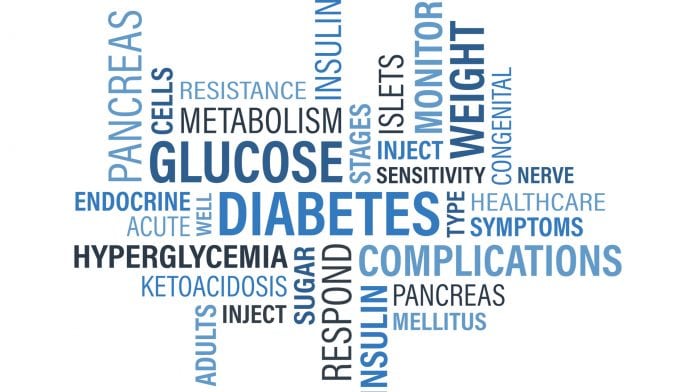
According to new research, women who develop Type 1 diabetes before the age of ten have shorter lives by an average of nearly 18 years than women who do not have diabetes. Men in the corresponding situation lose almost 14 years of life.
The research into Type 1 diabetes also shows that the lives of patients diagnosed at age 26-30 are shortened by an average of ten years.
Araz Rawshani, researcher at the University of Gothenburg, Sweden, and the Swedish National Diabetes Registry, said: “These are disappointing and previously unknown figures. The study suggests that we must make an even greater effort to aggressively treat patients diagnosed at an early age to reduce the risk of complications and premature death.”
Conducting the research
The research is based on material from a registry which has monitored 27,195 individuals with Type 1 diabetes for an average of ten years. The group was compared with 135,178 controls from the general population who did not have diabetes, maintaining the same distribution regarding gender, age and county of residence.
As reported by AlphaGalileo, while researchers already knew that Type 1 diabetes is associated with a lower life expectancy, until now it was unclear whether and how much gender and age at onset of illness affect both life expectancy and the risk of cardiovascular disease.
Personalised care
The possibility of severe cardiovascular disease generally proved to be 30 times higher for people who developed Type 1 diabetes before the age of ten than for ‘controls’. Those who were diagnosed at the later age of 26-30, the corresponding risk increased by a factor of six.
One of the highest increases in risk, noted in the study, involved heart attacks in women who developed Type 1 diabetes before the age of ten years, as the risk increased by 90 times than for controls without diabetes.
Rawshani said: “The study opens up the potential for individualised care. We know with certainty that if we maintain good blood sugar control in these patients, we can lower the risk of cardiovascular damage. This makes it important to carefully consider both evidence-based medications and modern technological aids for blood sugar measurements and insulin administration in patients diagnosed with Type 1 diabetes at an early age.”
Evidence of age related survival
Rawshani concluded: “From the patient perspective this study is tremendously important. Suddenly we can answer questions about complications and life expectancy that we were previously unable to answer. Now there is robust evidence that survival largely depends on the age at which the patient develops the disease, and that there is a difference between men and women.”









